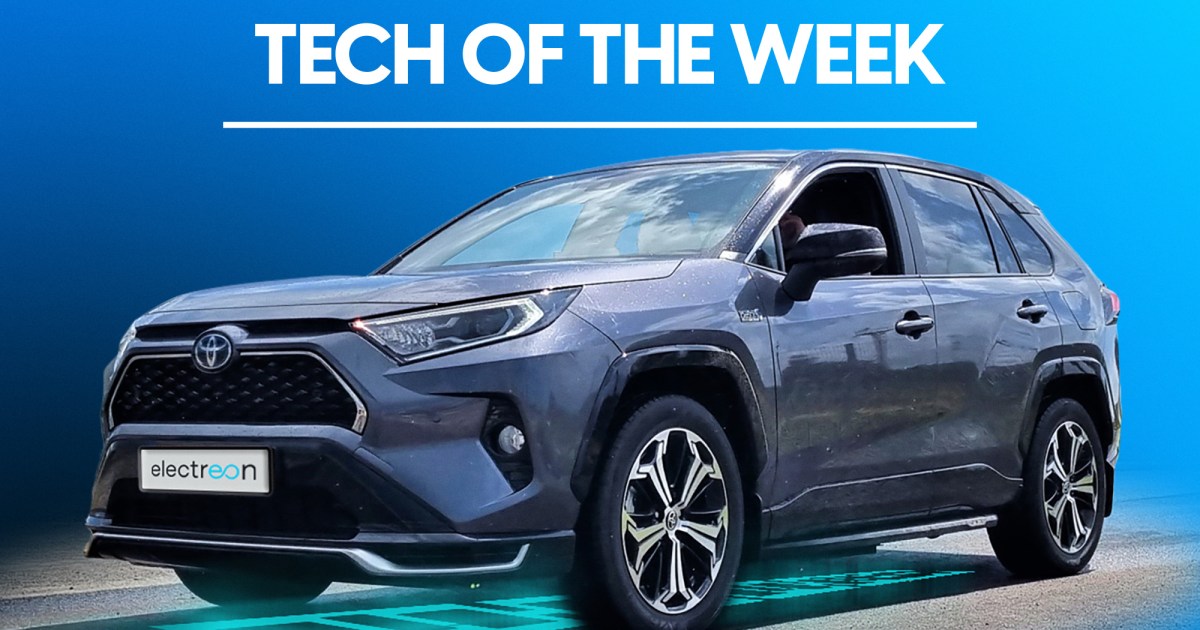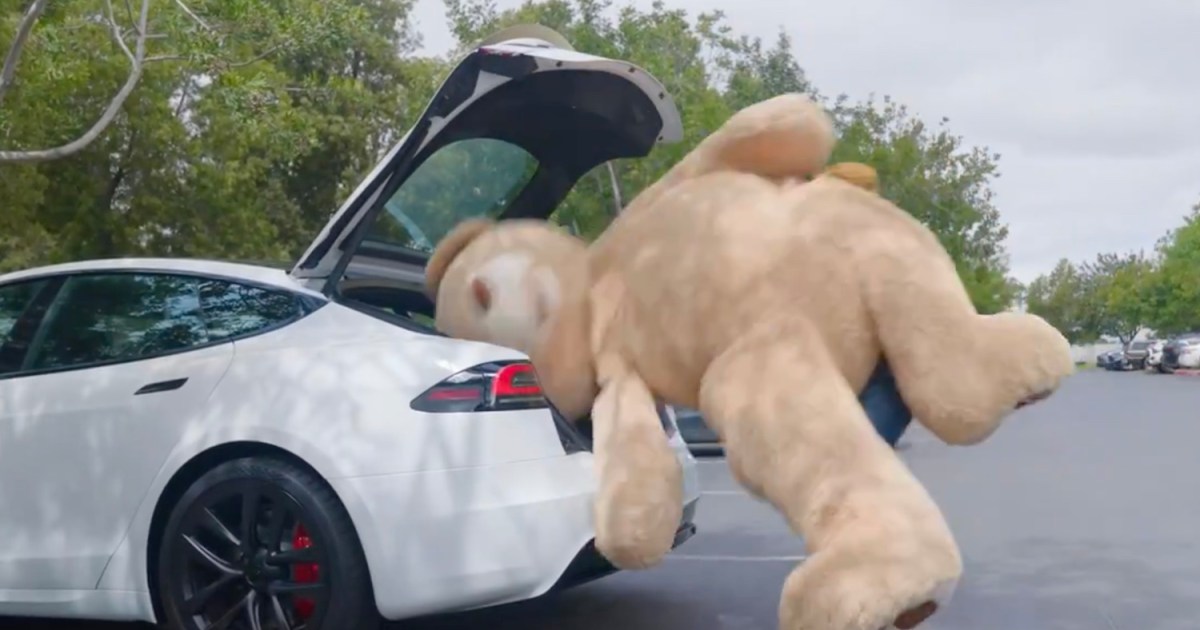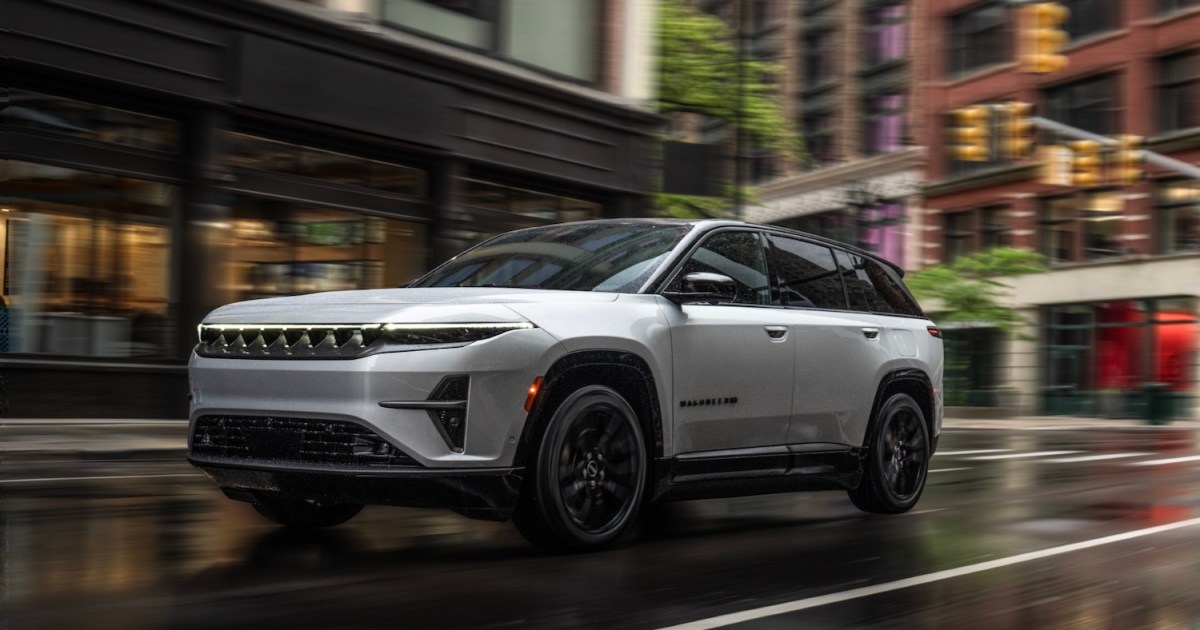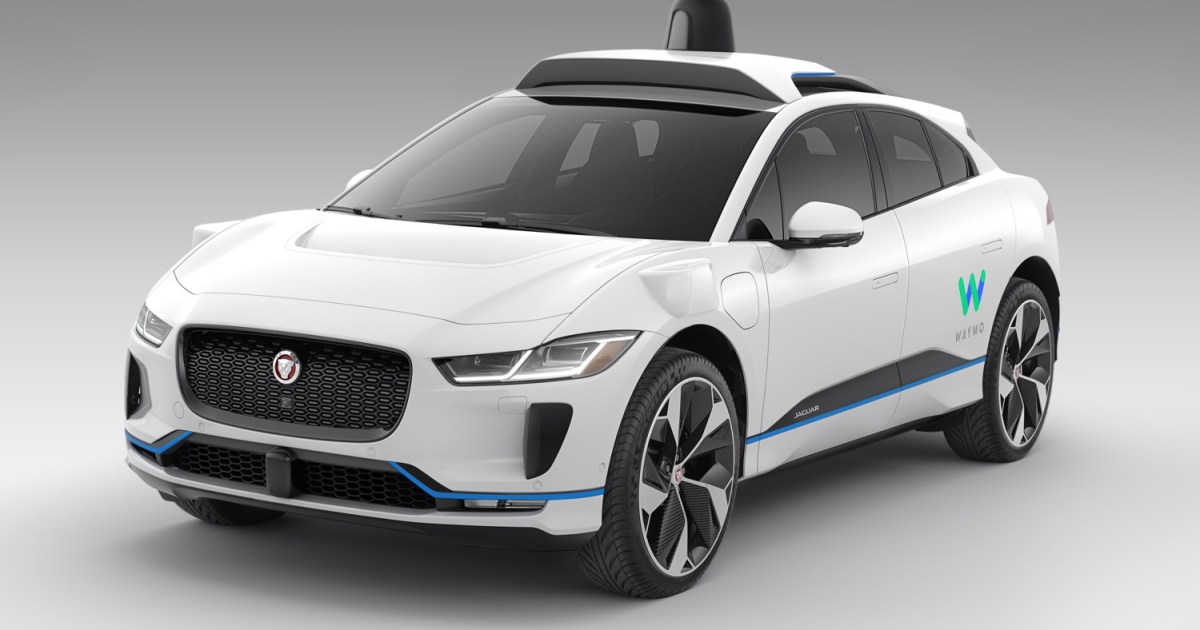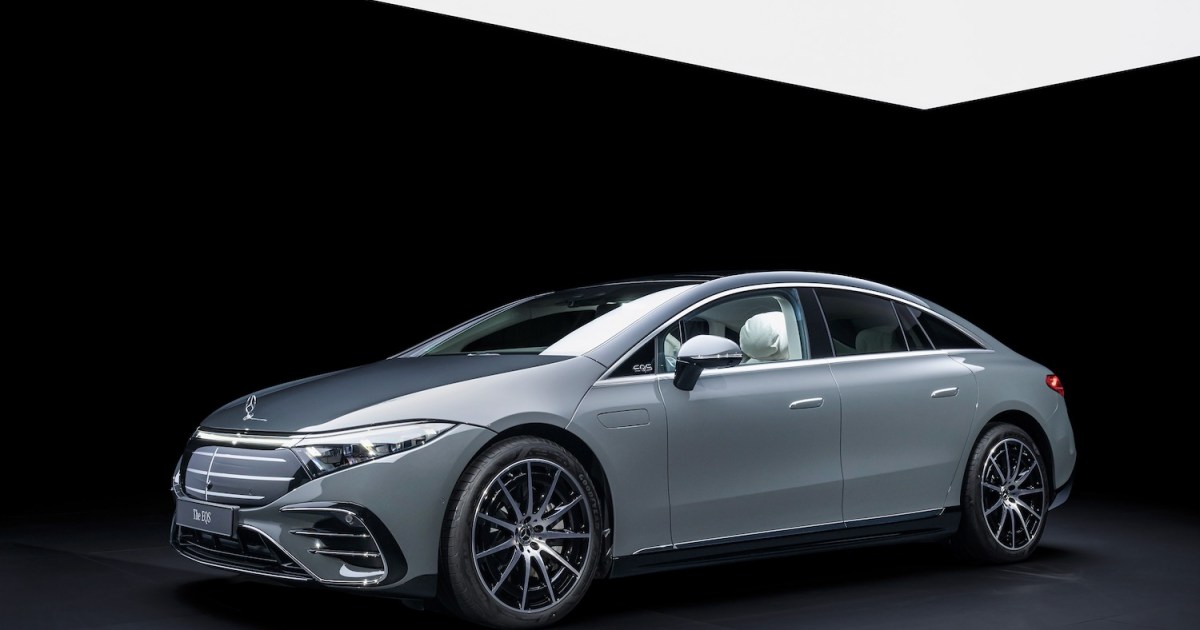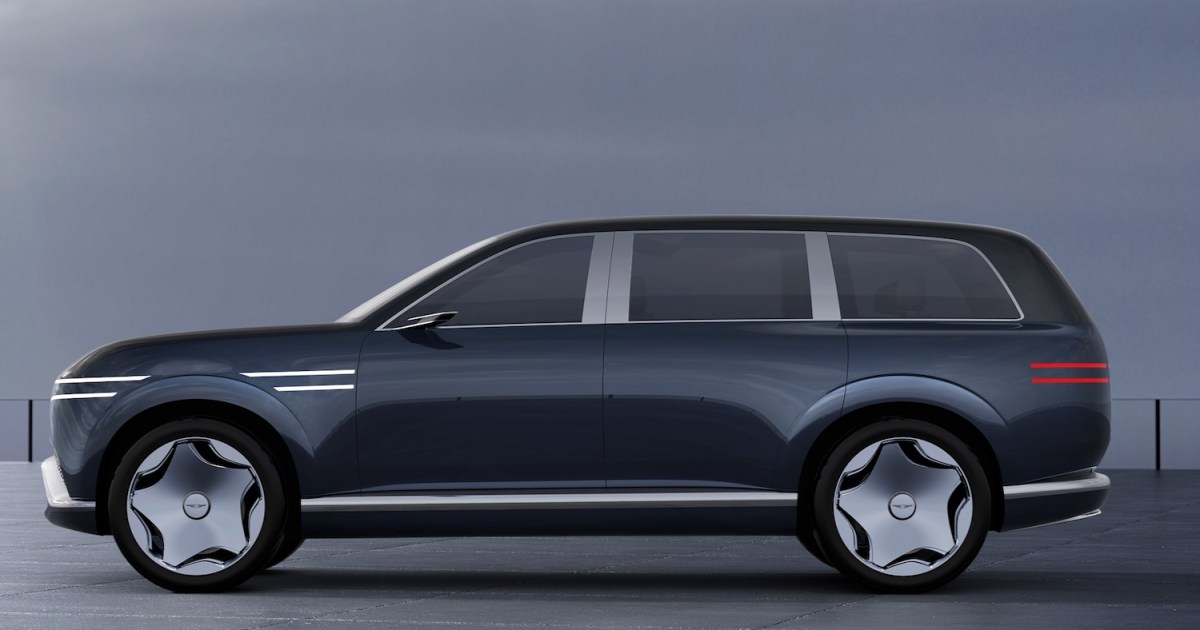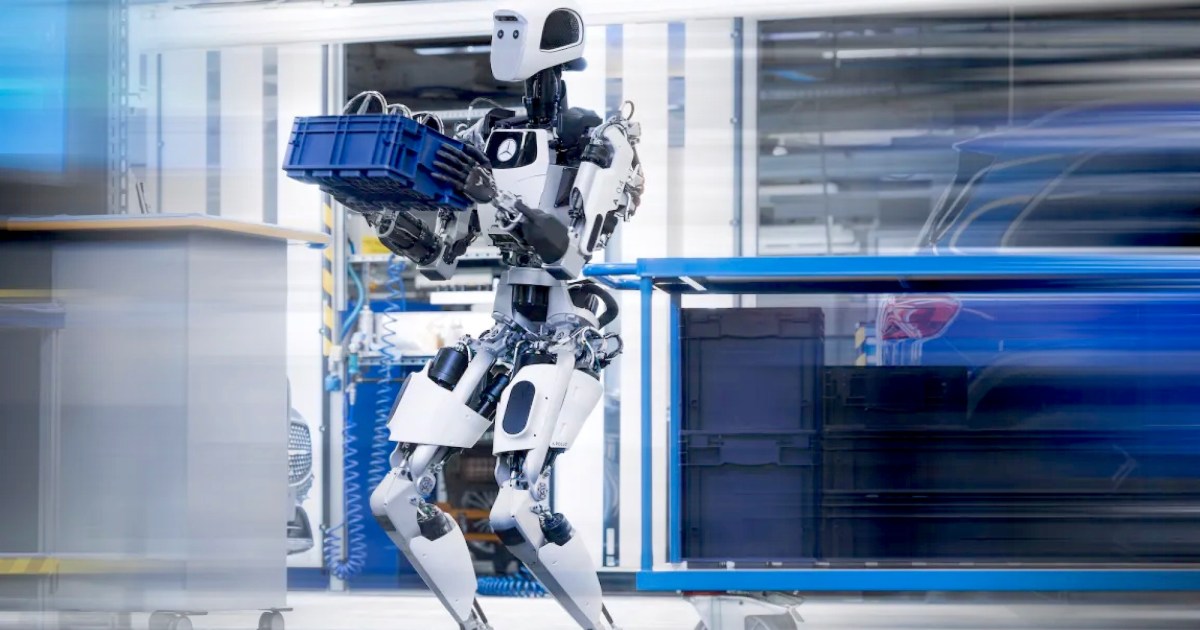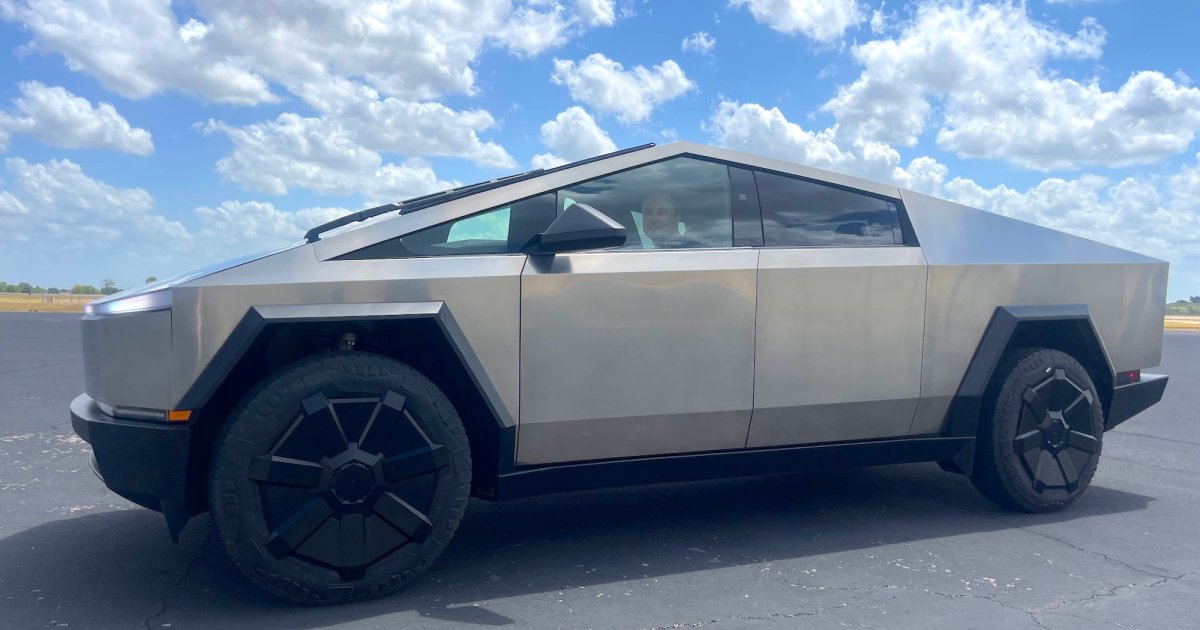Electric vehicle (EV) adoption hinges on convenient and accessible charging. While public charging stations are becoming more common, they still lag behind gas stations in terms of availability and speed. A promising solution, dynamic wireless charging, is gaining traction. This technology allows EVs to charge as they drive, potentially revolutionizing electric mobility. One of the first real-world implementations of this technology is happening right now in Detroit, Michigan.
Detroit’s Electrified Road: A Pioneering Project
The Michigan Department of Transportation (MDOT), in partnership with Israeli startup Electreon, has launched a pilot project on a quarter-mile stretch of 14th Street in Detroit. This project, the first of its kind in the U.S., features in-road wireless charging technology. The goal is to demonstrate the feasibility and effectiveness of dynamic wireless charging in a real-world setting. The project aims to pave the way for a future where charging anxieties are a thing of the past.
How Does Dynamic Wireless Charging Work?
Dynamic wireless charging operates on the principle of inductive power transfer, similar to static wireless charging systems already available. Instead of a physical cable, electricity is transmitted wirelessly from coils embedded in the road surface to a receiver installed on the underside of the vehicle. These copper coils are activated only when a compatible vehicle passes over them, drawing power from the grid. This allows for continuous charging while driving, although the amount of charge received over short distances like the Detroit test track remains to be fully quantified.
Expanding the Electrified Road Network
The MDOT plans to expand the network of electrified roads, including a section of Michigan Avenue, a major artery in Detroit. This expansion will provide more substantial testing data and allow for a better understanding of the technology’s long-term viability. Electreon has already showcased its technology with buses in Israel and trucks in Sweden, demonstrating its versatility across different vehicle types.
Collaboration with Toyota and Denso
In 2023, Electreon announced a partnership with Toyota and automotive supplier Denso to develop wireless charging technology for Toyota’s EVs and plug-in hybrids. This collaboration signifies growing industry interest and investment in dynamic wireless charging, potentially accelerating its adoption in future vehicle models. The integration of this technology by major automakers is a crucial step towards widespread implementation.
Advantages of Dynamic Wireless Charging
Dynamic wireless charging offers several compelling advantages. By enabling charging on the go, it reduces the need for frequent stops at charging stations, addressing a key barrier to EV adoption. This technology could also allow for smaller, lighter, and less expensive EV batteries, requiring fewer raw materials. These benefits contribute to both consumer convenience and environmental sustainability.
Challenges and Considerations
Despite its potential, dynamic wireless charging faces challenges. The initial cost and complexity of installing and maintaining the road infrastructure are significant. Road maintenance in many areas is already strained, and incorporating embedded coils and wiring adds another layer of complexity. Furthermore, widespread adoption requires collaboration with automakers to equip vehicles with the necessary receiving hardware. While conventional charging methods have their own drawbacks, they offer a simpler, more established solution in the near term.
Conclusion: A Promising but Challenging Path Forward
Dynamic wireless charging holds significant promise for transforming the EV landscape. The Detroit pilot project offers valuable insights into the real-world application of this technology. While challenges remain in terms of infrastructure cost, maintenance, and automaker coordination, the potential benefits of convenient, on-the-go charging could revolutionize electric mobility. As technology evolves and costs decrease, dynamic wireless charging may become a key enabler for a truly sustainable transportation future.
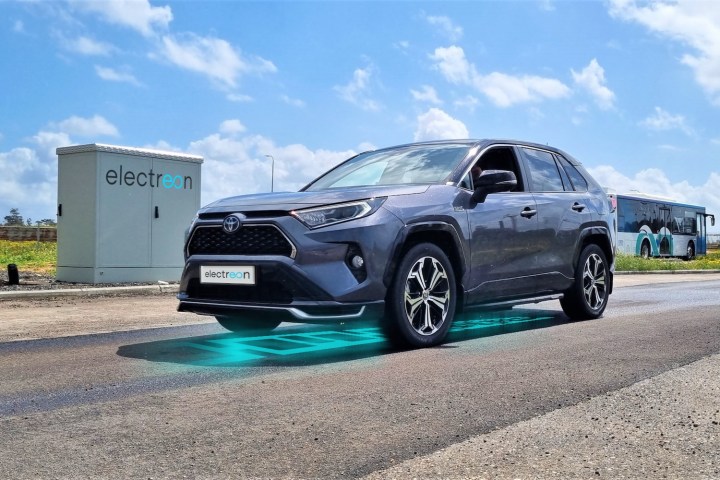 Toyota RAV4 Prime with Electreon wireless charging.
Toyota RAV4 Prime with Electreon wireless charging.



